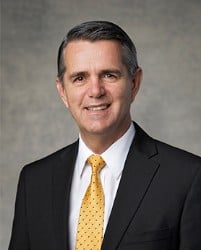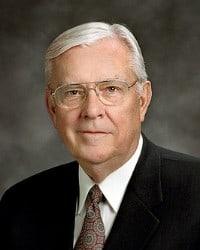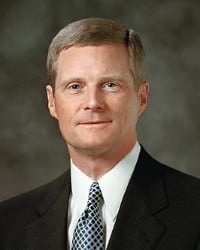
“The poor use of time is a close cousin of idleness. As we follow the command to “cease to be idle” (D&C 88:124), we must be sure that being busy also equates to being productive. For example, it is wonderful to have the means of instant communication quite literally at our fingertips, but let us be sure that we do not become compulsive fingertip communicators. I sense that some are trapped in a new time-consuming addiction—one that enslaves us to be constantly checking and sending social messages and thus giving the false impression of being busy and productive…There is much that is good with our easy access to communication and information. I have found it helpful to access research articles, conference talks, and ancestral records, and to receive e-mails, Facebook reminders, tweets, and texts. As good as these things are, we cannot allow them to push to one side those things of greatest importance. How sad it would be if the phone and computer, with all their sophistication, drowned out the simplicity of sincere prayer to a loving Father in Heaven. Let us be as quick to kneel as we are to text….Electronic games and cyber acquaintances are no lasting substitute for real friends who can give an encouraging hug, who can pray for us and seek after our best interest. How grateful I have been to see quorum, class, and Relief Society members rally to the support of one another. On such occasions I have better understood what the Apostle Paul meant when he said, “Ye are no more strangers and foreigners, but fellow citizens with the saints” (Ephesians 2:19).”
| A Time to Prepare





